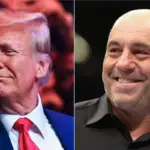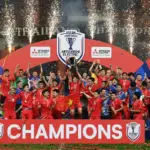Vietnam Celebrates 50 Years of Reunification: A Journey of Resilience and Unity
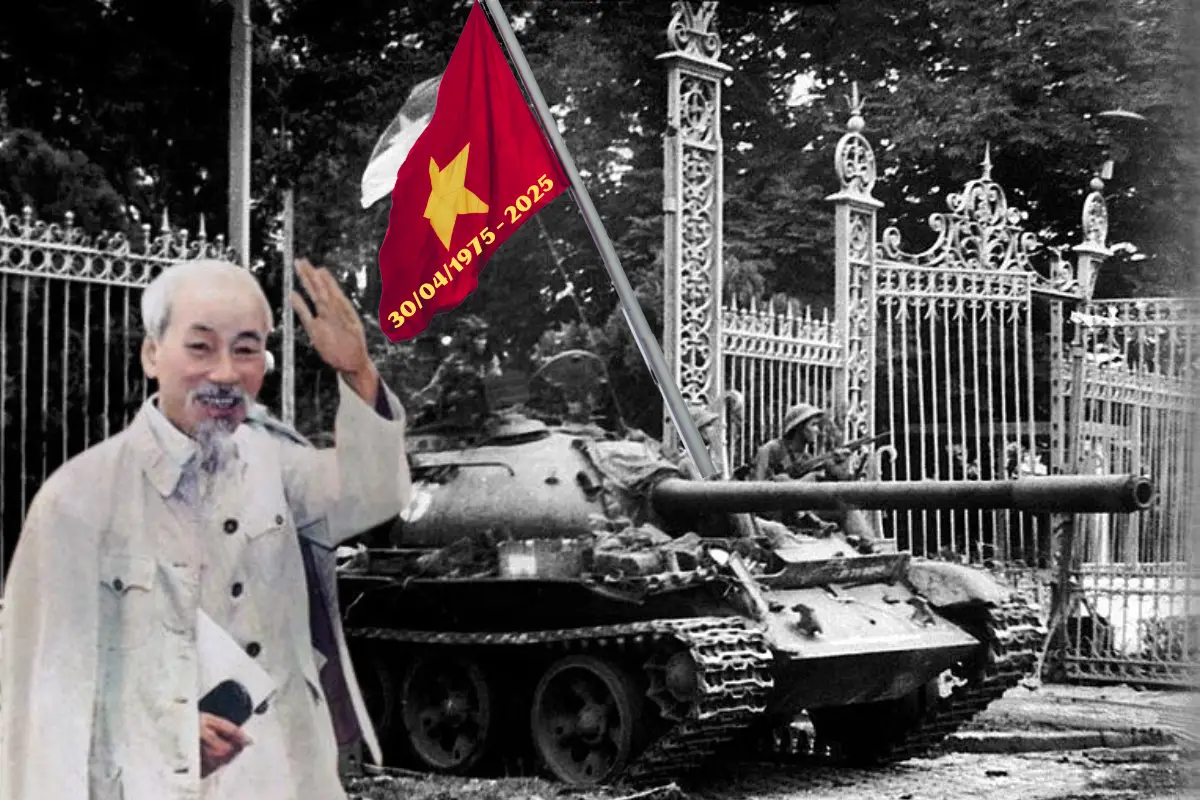
On April 30, 2025, Vietnam marks a historic milestone—the 50th anniversary of the Liberation of the South and National Reunification, a day that ended decades of conflict and division, ushering in an era of unity and renewal. This momentous occasion, commemorated as Reunification Day, reflects not only the triumph of April 30, 1975, when Liberation Army tanks rolled into Saigon’s Independence Palace, but also the enduring spirit of a nation that has risen from the ashes of war to become a vibrant, forward-looking global player. As Vietnam celebrates, the world joins in honoring a legacy of resilience, reconciliation, and remarkable progress.
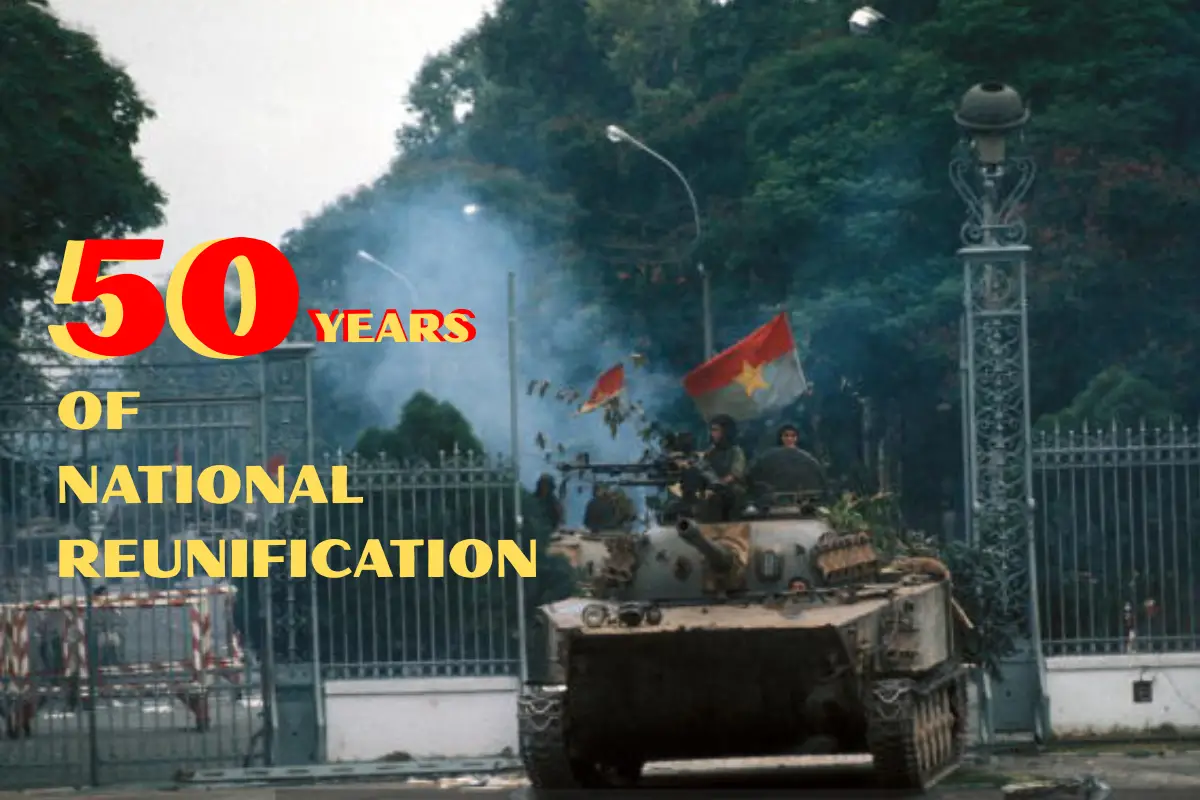
A Historic Victory
The fall of Saigon in 1975, now Ho Chi Minh City, marked the culmination of the Ho Chi Minh Campaign and the end of the Vietnam War, a conflict that had divided the nation since the 1954 Geneva Accords split Vietnam into North and South at the 17th parallel. Under the leadership of President Ho Chi Minh and the Communist Party of Vietnam, the Vietnamese people fought for independence and reunification against formidable odds, overcoming colonial rule and foreign intervention. The iconic image of a tank crashing through the gates of the Independence Palace symbolized not just military victory but the realization of Ho Chi Minh’s dream: a united Vietnam, free and sovereign.
On July 2, 1976, the Socialist Republic of Vietnam was officially proclaimed, merging North and South into a single nation with Hanoi as its capital. This victory, as Cuban war correspondent Luis Arce noted, was “the triumph of an indomitable nation, rich in history and culture, that refused to be subdued,” sending a global message that no empire could defeat a people united by patriotism.
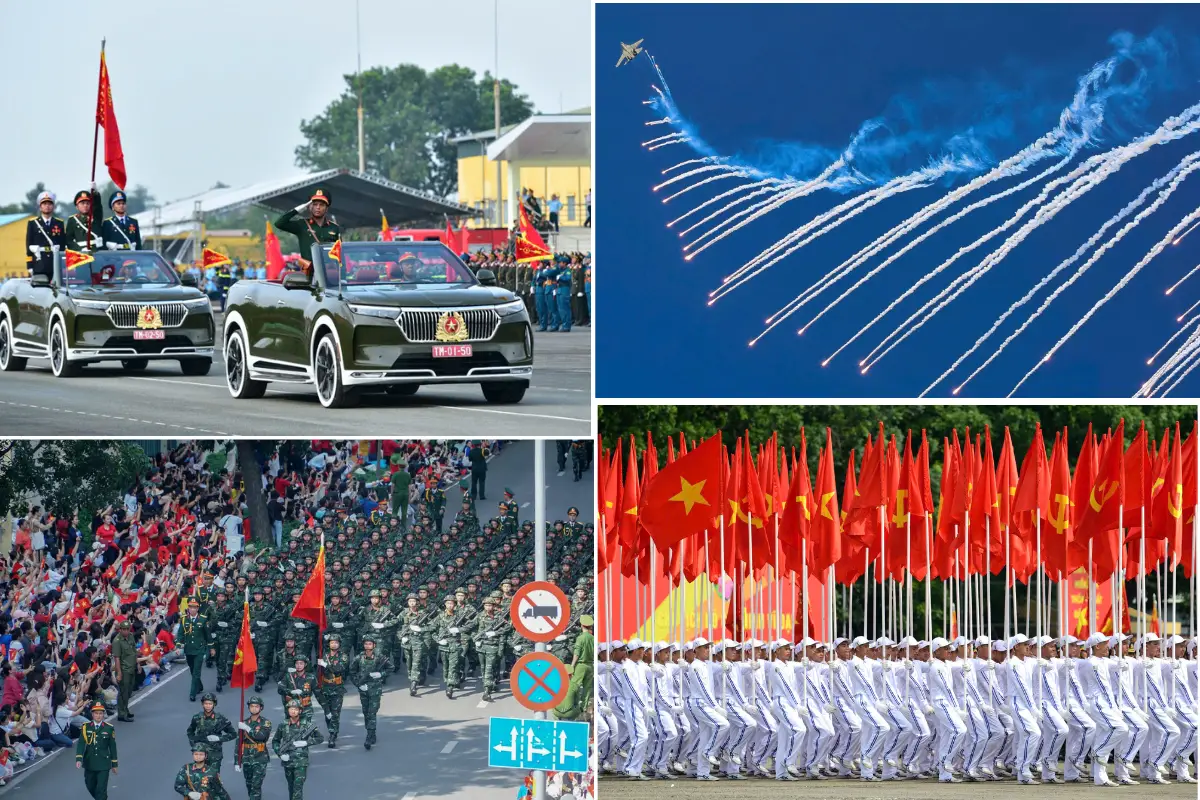
A Nation Rebuilt Through Reconciliation
The road to reunification was not without challenges. The war left deep scars—economic devastation, social divisions, and the displacement of millions, many of whom fled abroad. Yet, Vietnam’s leadership, guided by a policy of national harmony, prioritized reconciliation. Over the decades, the Communist Party and State fostered unity, encouraging overseas Vietnamese to return and contribute to the nation’s development. Stories like that of architect Nguyễn Hữu Thái, who witnessed the liberation in 1975 and later reclaimed his Vietnamese citizenship after living in Canada, embody this spirit of reconnection. Similarly, microelectronics expert Đặng Lương Mô returned from Japan in 2002, dedicating himself to education and technology, earning national honors for his contributions.
This steady flow of returning diaspora—thousands each year—has strengthened Vietnam’s “great national unity bloc,” a cornerstone of its rapid development. The policy of reconciliation has not only healed wounds but also harnessed the talents of Vietnamese worldwide, fostering a shared identity rooted in pride and progress.
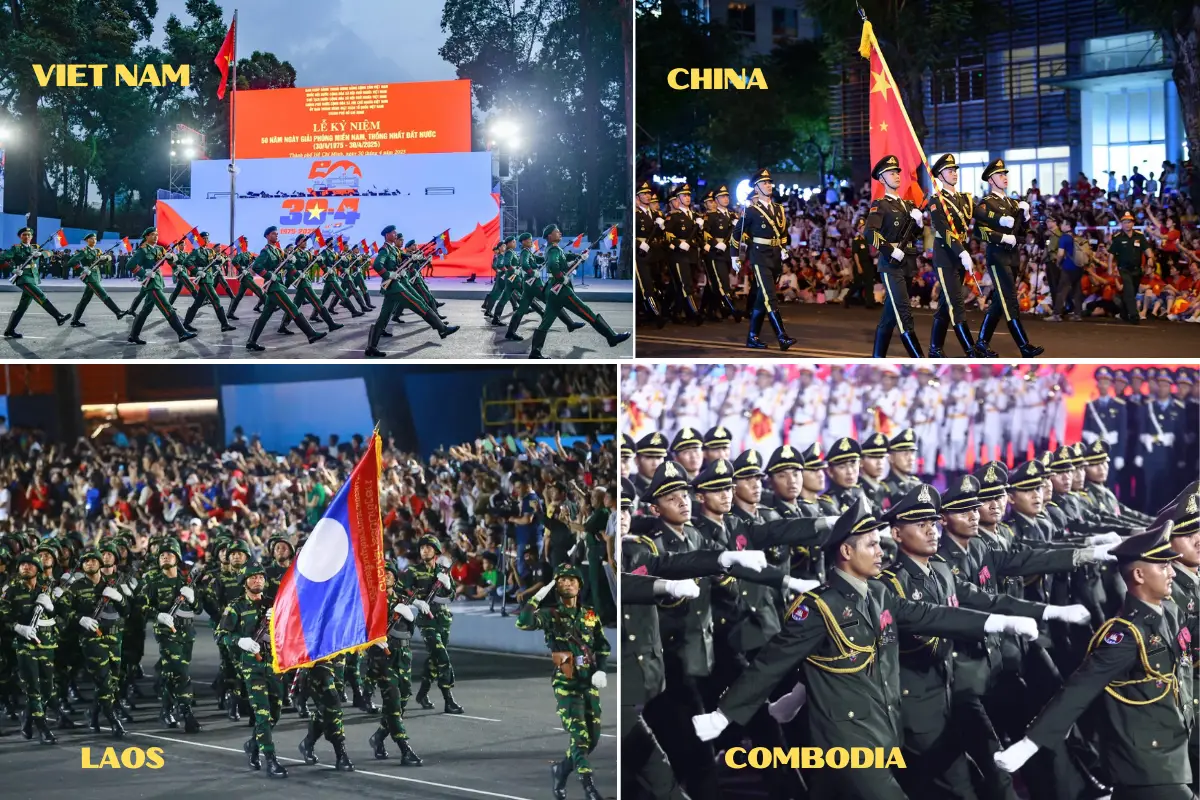
Celebrations of Pride and Global Solidarity
The 50th anniversary celebrations, centered in Ho Chi Minh City, are a testament to Vietnam’s achievements and its growing international stature. A grand military and civilian parade on April 30 along Lê Duẩn Street will feature 13,000 participants, including 34 armed forces contingents and 11 civilian groups, with military delegations from Laos and Cambodia joining in solidarity. For the first time, a delegation of 120 outstanding overseas Vietnamese from over 25 countries will march, symbolizing the global Vietnamese community’s role in the nation’s journey.
The festivities, broadcast live on Vietnam Television (VTV), include a 30-minute art performance, speeches by war veterans and youth, and a symbolic release of balloons and doves. Cultural events, such as the “Festival of National Reunification” at the Independence Palace, the “Symphony of Peace” concert, and a nationwide broadcast titled “Forever Triumphant,” will showcase Vietnam’s rich heritage and aspirations. Hanoi will light up with fireworks on April 22 and 27, while Ho Chi Minh City hosts the 37th HTV Cycling Cup and a mass march of 10,000 residents.
International presence is significant, with over 20 delegations, including three high-level state groups, four ministerial-level teams, and 15 political parties, confirming attendance. More than 140 foreign journalists, including former war correspondents and overseas Vietnamese reporters, will cover the events, highlighting global interest.
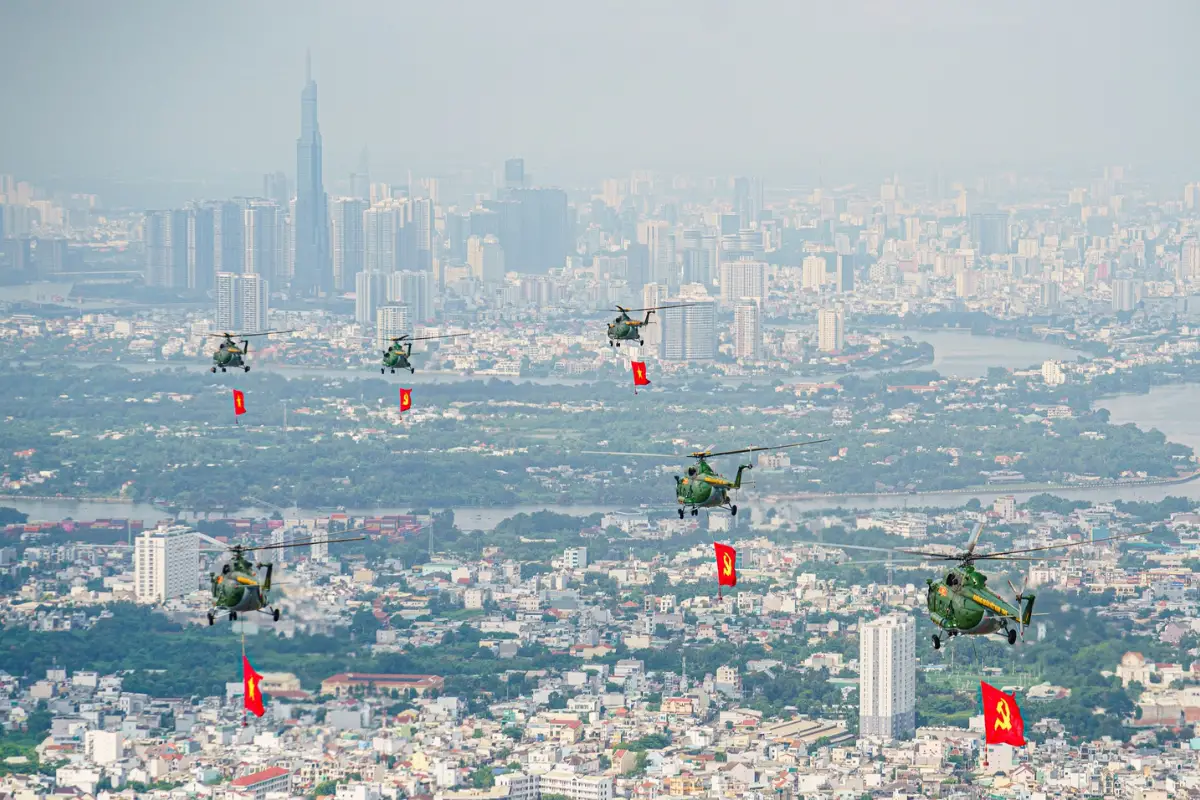
A Transformative Half-Century
Over the past 50 years, Vietnam has transformed from a war-torn nation into a dynamic economy and a respected member of the international community. The Đổi Mới (Renovation) reforms of 1986 opened the economy to market forces, propelling Vietnam to become one of the world’s largest rice exporters and a hub for manufacturing and tourism. Today, Vietnam ranks 54th out of 166 countries in the Sustainable Development Goals Index, with advancements in healthcare, education, and gender equality. Its foreign policy, grounded in independence and multilateralism, has forged strategic partnerships worldwide, including a Comprehensive Strategic Partnership with the United States.
Cambodian scholar Dr. Uch Leang, in an editorial for Khmer Times, praised Vietnam’s “remarkable progress in all fields,” noting its political stability, cultural development, and commitment to social welfare. Vietnam’s ambition to achieve upper-income status by 2045 underscores its forward-looking vision, built on the foundation of its reunification triumph.
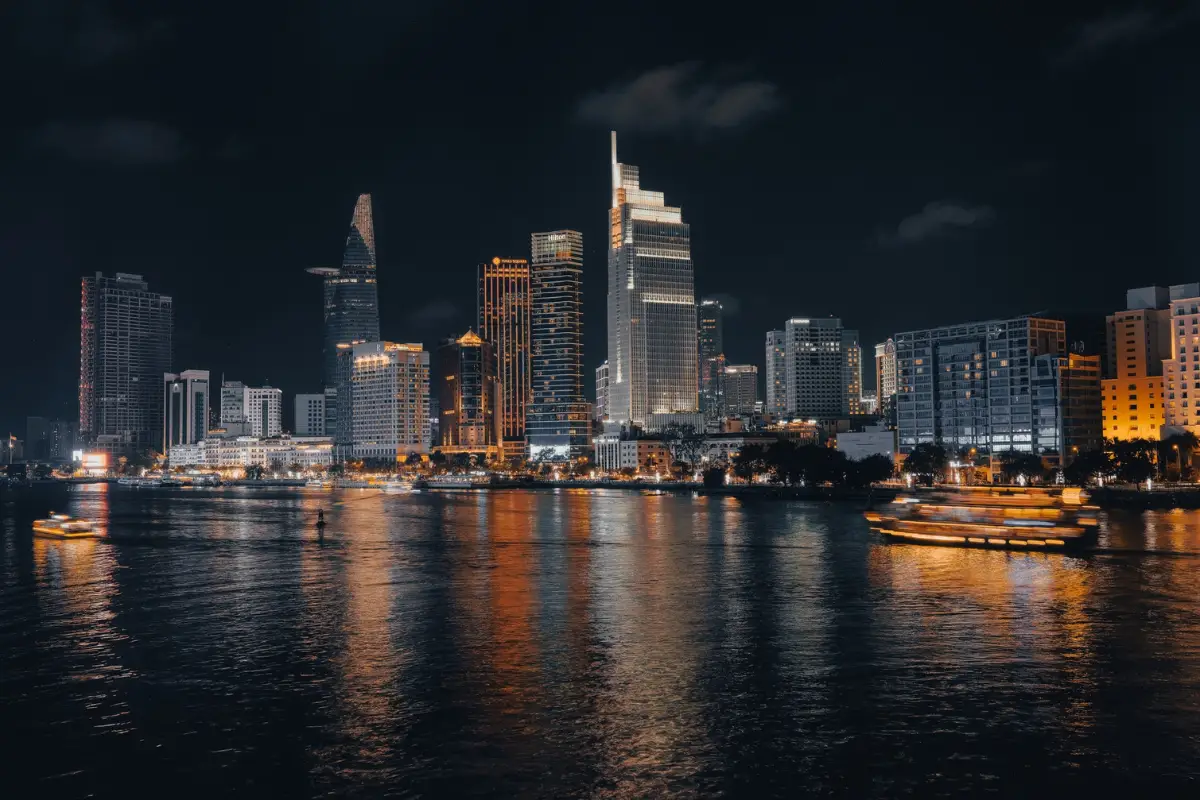
A Reminder of Peace and Resilience
For younger generations, Reunification Day is a reminder of the price of peace and the power of collective determination. As one Vietnamese citizen reflected, “Wars don’t ruin nations, they ruin people. But I’m proud of how the Vietnamese people rose after the war.” The anniversary also resonates globally, inspiring movements for independence and self-determination, from Palestine to South Africa, proving that empire can be defeated by a united people.
As Vietnam celebrates, it honors not only its past but its future. The streets of Ho Chi Minh City and Hanoi, adorned with flags and filled with pride, reflect a nation that has overcome division to build a modern, united, and prosperous society. In the words of President Ho Chi Minh, “Nothing is more precious than independence and freedom.” Fifty years after reunification, Vietnam stands as a testament to that truth, a phoenix risen, ready for its next chapter.

